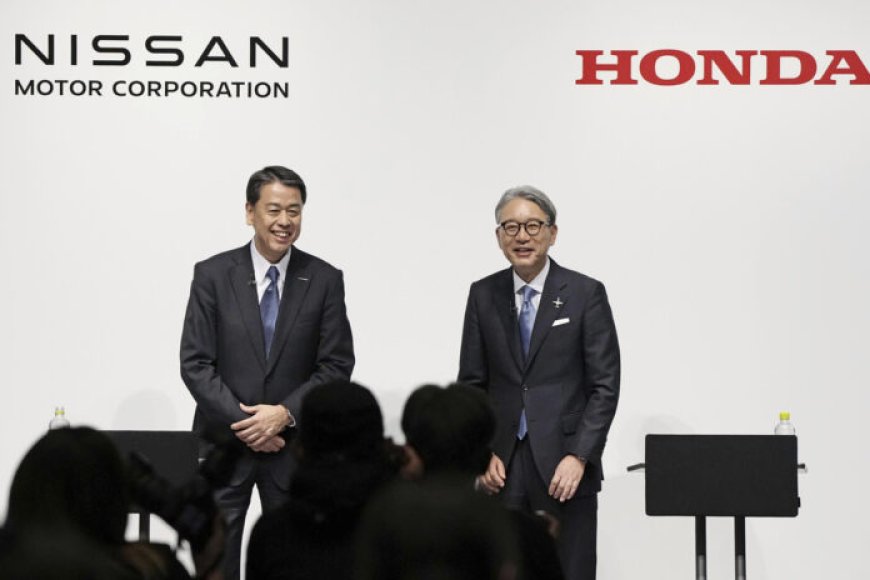Resignation Rates Remain High in the Technology Sector
The trend of resignations that began in 2022 within the technology sector shows no signs of slowing down. A recent survey conducted by the Adecco Group indicates that 27% of workers across 25 countries plan to leave their current jobs within the next year, reflecting a significant shift in employee priorities and expectations.
Global Resignation Trends: A Closer Look
The phenomenon known as “The Great Resignation” has persisted for over two years, with varying resignation rates worldwide. Notably, China reports a lower resignation rate of just 14%, while countries such as Australia (33%), Switzerland (32%), and various Eastern European and MENA countries (31%) experience some of the highest rates. This disparity emphasizes the global nature of this trend and its impact on workforce dynamics.
Work-Life Balance: The Top Priority for Employees
According to the survey, achieving a healthy work-life balance is the foremost priority for employees, with nearly 40% citing it as essential for job satisfaction. Although competitive salaries are still significant, they are no longer the sole factor determining job fulfillment. Companies must now focus on enhancing employee well-being and fostering supportive work environments to retain talent.
The “Quitfluencer” Effect: Social Influences on Career Decisions
The survey also identified a notable trend termed the “Quitfluencer” effect, where employees are inspired by colleagues and social media to reevaluate their career paths. Approximately 70% of respondents acknowledged that witnessing others resign prompted them to consider their own employment situations, with 50% ultimately deciding to leave their jobs within a year. This trend is corroborated by LinkedIn’s Workforce Confidence Index, revealing that Gen Z employees have changed jobs 134% more frequently than in 2019.
Toxic Work Environments Fueling “Revenge Quitting”
Research from Businessolver highlights that 42% of all respondents and 52% of chief executives reported working in toxic environments characterized by burnout, unrealistic expectations, and a lack of empathy. This toxic atmosphere has led to a phenomenon known as “revenge quitting,” where employees intentionally leave their jobs as an act of defiance against unfavorable conditions. Business psychologist Edel Holliday-Quinn explains that feelings of burnout and undervaluation contribute significantly to this trend.
Younger Generations Demand Change in Workplace Culture
Younger generations, particularly Gen Z, are increasingly intolerant of outdated workplace cultures that lack flexibility and career progression opportunities. They prioritize meaningful work, work-life balance, and a strong sense of purpose in their careers. Holliday-Quinn warns that companies failing to adapt to these evolving expectations will struggle to attract and retain top talent.
Anticipating Workforce Shifts in the New Year
As we move into the new year, significant shifts within the workforce are anticipated. To retain valuable employees, companies must prioritize job satisfaction, address work-life balance concerns, and cultivate a culture rooted in empathy and respect. Adapting to these changes will be crucial for organizations aiming to thrive in an increasingly competitive job market.









